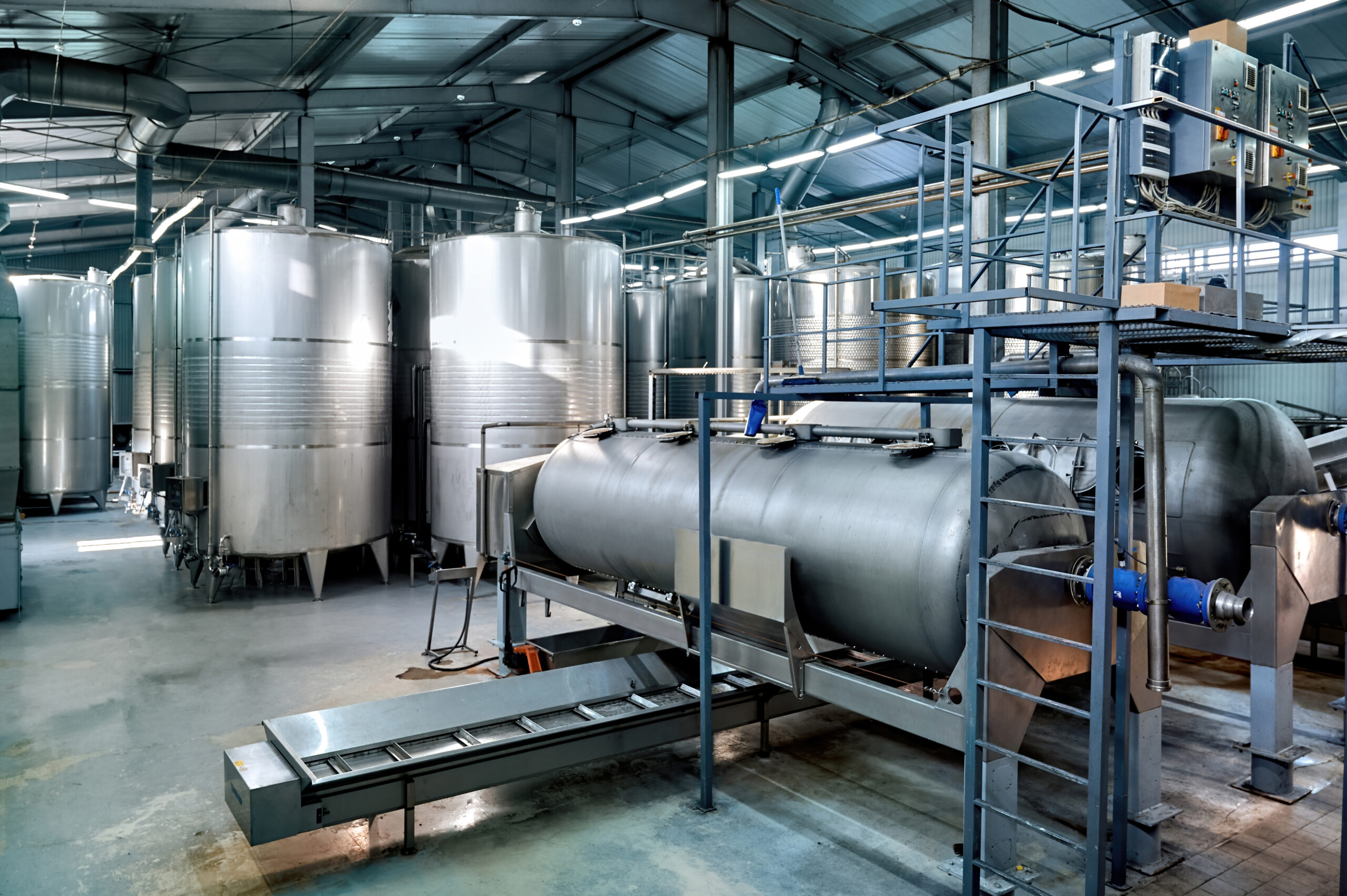The beverage industry, particularly the carbonated soft drink plant, is a vibrant and competitive sector that has seen tremendous growth over the years. However, operating a carbonated soft drink plant comes with its own set of challenges. From maintaining product quality to managing supply chains, manufacturers must navigate a complex landscape to ensure success. This article explores the top five challenges faced by carbonated soft drink plants and offers practical solutions for each.
1. Quality Control
Challenge
Quality control is one of the foremost challenges in any carbonated soft drink plant. Maintaining consistent taste, carbonation levels, and overall product quality is essential for consumer satisfaction. Any lapse in quality can lead to product recalls, negative reviews, and significant financial losses.
Solution
To address quality control issues, carbonated soft drink plants should implement robust quality management systems. This includes regular testing of raw materials, in-process monitoring, and finished product testing. Employing advanced technology like automated quality inspection systems can help identify defects in real-time, ensuring that only products meeting quality standards reach the market. Additionally, investing in staff training programs can enhance employees’ understanding of quality assurance protocols, further minimizing errors.
2. Equipment Maintenance
Challenge
The machinery used in a carbonated soft drink plant is complex and requires regular maintenance. Equipment failures can lead to production downtime, which affects overall output and profitability. Issues like wear and tear, improper calibration, and unexpected breakdowns can severely disrupt operations.
Solution
To mitigate equipment-related challenges, carbonated soft drink plants should adopt a proactive maintenance strategy. This can include scheduled maintenance checks, routine inspections, and employing predictive maintenance technologies that utilize IoT sensors to monitor equipment health. By anticipating issues before they become significant problems, plants can minimize downtime and ensure continuous production. Establishing strong relationships with equipment suppliers for timely support and parts replacement can also be beneficial.
3. Supply Chain Management
Challenge
Supply chain disruptions can significantly impact a carbonated soft drink plant‘s ability to produce and distribute products efficiently. Factors like raw material shortages, transportation issues, and fluctuating prices can create bottlenecks in production.
Solution
To strengthen supply chain resilience, carbonated soft drink plants should diversify their supplier base. Establishing relationships with multiple suppliers for critical ingredients and packaging materials can help mitigate risks associated with supply shortages. Additionally, implementing supply chain management software can improve inventory tracking and demand forecasting, enabling plants to respond swiftly to changes in supply and demand. Creating contingency plans for potential disruptions ensures that production can continue even in challenging circumstances.
4. Environmental Regulations
Challenge
Environmental concerns are becoming increasingly important in the beverage industry, and carbonated soft drink plants must comply with a myriad of regulations related to waste management, water usage, and carbon emissions. Failing to meet these standards can result in hefty fines and damage to a company’s reputation.
Solution
To navigate environmental regulations successfully, carbonated soft drink plants should invest in sustainable practices. This includes optimizing water usage through recycling systems, reducing energy consumption by using energy-efficient equipment, and implementing waste reduction strategies. Conducting regular audits to ensure compliance with local and international regulations is crucial. Moreover, engaging in corporate social responsibility initiatives can enhance a company’s image while also addressing environmental concerns.
5. Consumer Trends and Preferences
Challenge
Consumer preferences in the beverage market are continually evolving, with a growing demand for healthier options and unique flavors. A carbonated soft drink plant must stay ahead of these trends to remain competitive. Failing to adapt can lead to decreased sales and market share.
Solution
To keep pace with changing consumer preferences, carbonated soft drink plants should invest in market research and product development. Understanding consumer trends through surveys, focus groups, and trend analysis can inform product innovation. Additionally, incorporating healthier ingredients, such as natural sweeteners or functional additives, can attract health-conscious consumers. Collaborating with flavor experts to develop unique taste profiles can also set a brand apart in a crowded marketplace.
Conclusion
Operating a carbonated soft drink plant involves navigating a variety of challenges, including quality control, equipment maintenance, supply chain management, environmental regulations, and shifting consumer preferences. By implementing proactive strategies and solutions tailored to these challenges, manufacturers can enhance their operational efficiency, product quality, and overall market competitiveness. As the industry continues to evolve, staying adaptable and innovative will be key to thriving in the dynamic landscape of the beverage sector.
With careful planning and execution, carbonated soft drink plants can not only overcome these challenges but also position themselves for long-term success in a competitive market.
For more blogs Visit : https://technonetwork.co.in/
